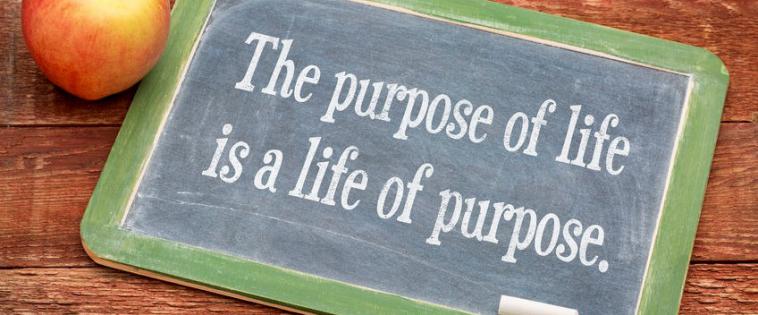One of the most unfortunate side effects of moving to a senior living community can often be the loss of purpose for the resident. People who have led active, demanding, hard-working lives suddenly find themselves with no actual purpose anymore. No one needs them to go to work and earn a living, no one is depending on them to cook dinner for a hungry family, no one cares about whether or not they have anything relevant to say about current events or asks for their advice on life problems.
Now I am not saying this is the case with all communities, as some have definitely raised the standard of social interaction and resident activities. Nonetheless, it still happens often enough in many communities that the stereotype of the lonely senior wandering aimlessly around the halls has yet to be supplanted. This is not good. Lori Snow, who works with It’s Never 2 Late (iN2L), experienced just such a situation with her own parents when they moved into a senior living community.
The Purposeless Life
“We found an independent community very nearby and they initially were excited about it.” Lori explained, “They moved in early spring and they had a patio where they could have plants and a garden. They were farmers their whole life and in the back of this community was a community garden. They thought ‘Okay, we can keep our hobbies going.’ This was very important. That was the most important thing in their whole world, being able to grow their vegetables. However, we learned very quickly after they moved in that the residents weren’t asked to participate in anything.
The Gardner
My mother had all these vegetables that she was growing outside, which she offered for the kitchen to use in the meals. Beautiful fresh organic produce, but the chef was like ‘No, we have to get our food from our vendor.’ They couldn’t even try to incorporate it? I don’t know if that was the rule, but it was sort of heartbreaking. Here you can have a purposeful activity that everyone could benefit from — just slice the cucumbers up, put them in the salad bar. Why would you not want to use the vegetables?
The Chef
Another example, I would sit at the table with my mother at lunchtime and I learned that one of the women that she would sit with was a cook at one of the local restaurants, a very well-known Italian restaurant and she was one of their head chefs. We would be eating the food and Maria would say, ‘Oh, this is missing a little oregano. It’s missing all this.’ I said, ‘Maria, why don’t you go into the kitchen and just sit and observe.’ But she said, ‘No, they won’t let me do that. They don’t want residents to do that.’ I thought that was sad. It would have given her purpose and probably helped out.
The Professor
There’s also a man who is a history professor who sits in the lobby and, if somebody is fortunate enough to sit next to him, he’ll share some of these wonderful insights into current events and how it ties into history. What a wonderful thing to put on the calendar — current events: with this man leading the discussion!
These are only a couple that I see out of the 100 that live there and there’s such a wealth of opportunity that the residents could provide in enriching each other’s lives that is just left withering on the vine. I just don’t understand why we can’t glean that resource. Why can’t we glean that resource instead of making them be cared for? Have them be a participant in the caring and enrichment of each other!”
Teachable Moments
Lori is absolutely right. I consider these sort of stories to be teachable moments. In each example Lori listed, that senior community had multiple opportunities to really say, “We’re glad you’re here. You’re still able to make a contribution. Your life is still worth something. You’re not just sitting here to die.” But they didn’t . . . and it was a loss to both the resident(s) and the community as a whole.
I believe one of the big challenges we face in this whole thing is that from a family’s perspective, they initially think, “Oh man, I’m going to put mom in this place where she never has to do anything!” Granted, it looks pretty good at first, but when you start realizing what the impact and the implications are on that person’s mental well being . . . it’s a pretty terrible thing.
We can do better.
To hear more of Lori’s own personal experience and how we can bring back purpose to our residents’ lives, listen to the rest of the podcast below.








No comments yet.